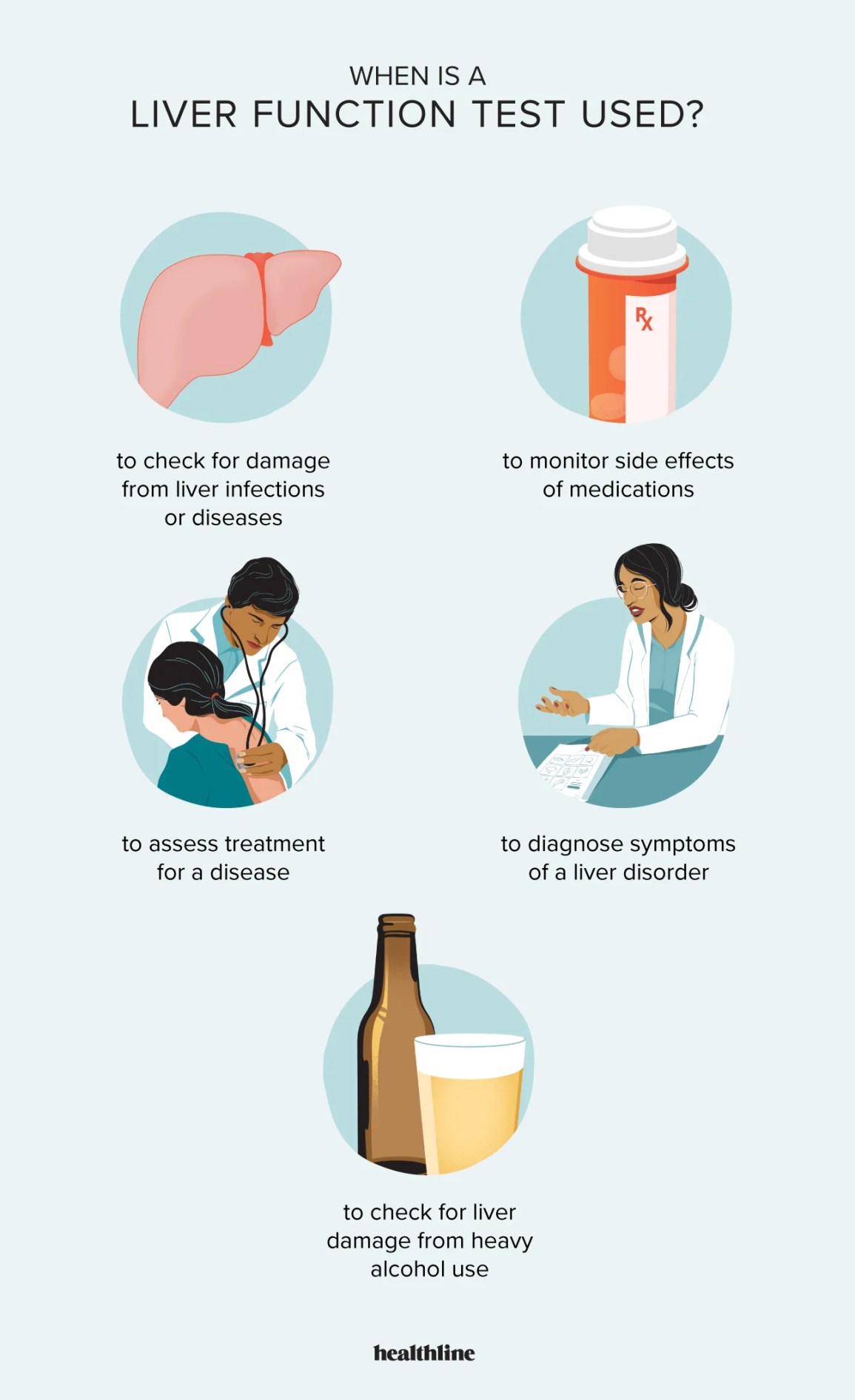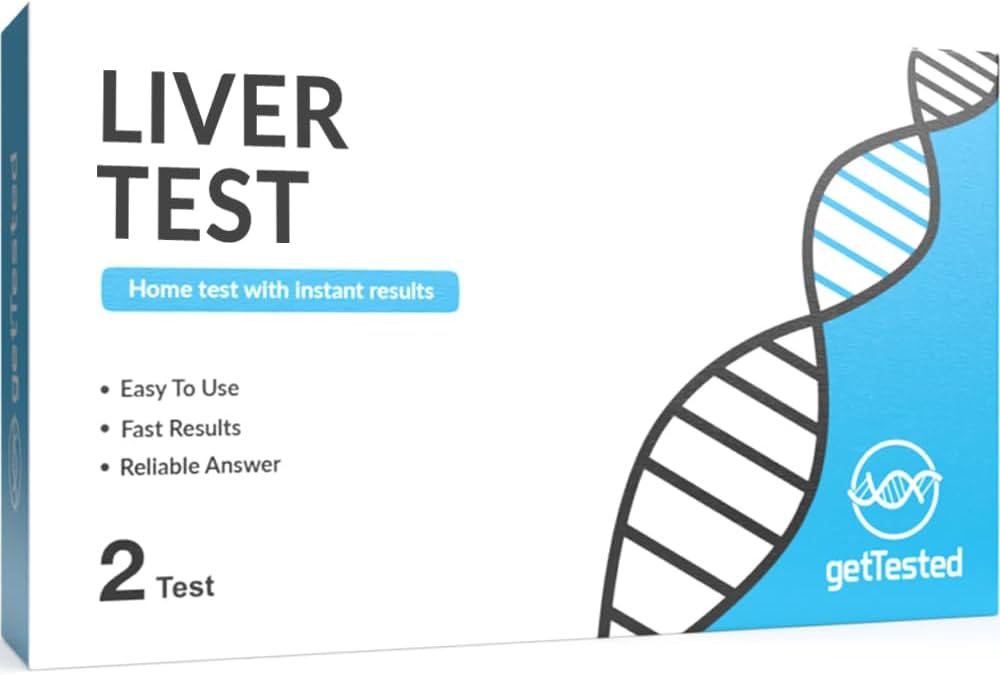Get Accurate Results with a Blood Test for Liver Functions
The liver is often referred to as the body’s “filtering factory,” responsible for purifying blood, producing bile for digestion, and storing essential nutrients. But what happens when this vital organ starts to malfunction? A blood test can provide valuable insights into your liver function, helping you take proactive steps towards maintaining a healthy gut and overall well-being.
Why Liver Function Testing Matters
Chronic liver disease is a growing concern worldwide, with an estimated 20% of the global population affected. The consequences of neglecting liver health can be severe – from fatigue and brain fog to liver cancer and even death. Early detection and treatment are crucial in preventing long-term damage and promoting a timely recovery. A blood test for liver functions provides an effective and non-invasive way to monitor your liver’s performance, allowing you to address any issues before they escalate.
The Importance of Accurate Results
A blood test for liver functions typically involves measuring the levels of specific enzymes in your bloodstream, such as alanine aminotransferase (ALT) and aspartate aminotransferase (AST). These enzymes are released into the bloodstream when liver cells become damaged or inflamed. By analyzing these enzyme levels, healthcare professionals can identify potential signs of liver disease or damage. In this blog post, we’ll delve into the world of blood tests for liver functions, exploring what to expect from the process and how accurate results can inform your healthcare decisions.

The Process of a Blood Test for Liver Functions
A blood test for liver functions is a relatively simple and painless procedure that involves drawing a small sample of blood from a vein, usually on the arm. The process typically takes around 10-15 minutes, and you can resume your normal activities immediately after.
What to Expect During the Test
Before the test, you’ll be asked to fast for at least eight hours and avoid consuming any caffeine or alcohol. This is to ensure that your liver enzymes are not influenced by external factors. On the day of the test, a healthcare professional will clean the area with antiseptic solution and insert a needle into the vein. You may feel a slight pinch or stinging sensation during this process.
Interpreting the Results
The results of your blood test for liver functions will typically be presented in the form of enzyme levels, such as ALT and AST. Elevated levels of these enzymes can indicate liver damage or disease. For example:
- ALT levels above 40 IU/L may suggest liver cell damage
- AST levels above 40 IU/L may indicate muscle damage (although high levels can also be a sign of liver disease)
In some cases, a blood test may reveal abnormal values, but not necessarily indicative of liver disease. This is why it’s essential to consult with your healthcare provider to determine the underlying cause and appropriate next steps.
The Benefits of Accurate Results
Accurate results from a blood test for liver functions can provide valuable insights into your overall health. By detecting potential issues early on, you can:
- Prevent long-term damage to your liver and other organs
- Maintain optimal liver function, which is essential for digestion, detoxification, and overall well-being
- Avoid serious complications, such as cirrhosis or liver cancer
In the next part of this series, we’ll explore some common liver-related health concerns and how blood test results can inform your healthcare decisions. Stay tuned for more insights on maintaining a healthy liver!
Learn more about liver disease from the Centers for Disease Control and Prevention (CDC)Get Expert Guidance on Liver Function Blood Tests
Consult with medical and health experts to clarify any questions or concerns you may have.
Consult an ExpertGet Accurate Results with a Blood Test for Liver Functions
The liver is often referred to as the body’s “filtering factory,” responsible for purifying blood, producing bile for digestion, and storing essential nutrients. But what happens when this vital organ starts to malfunction? A blood test can provide valuable insights into your liver function, helping you take proactive steps towards maintaining a healthy gut and overall well-being.
Why Liver Function Testing Matters
Chronic liver disease is a growing concern worldwide, with an estimated 20% of the global population affected. The consequences of neglecting liver health can be severe – from fatigue and brain fog to liver cancer and even death. Early detection and treatment are crucial in preventing long-term damage and promoting a timely recovery. A blood test for liver functions provides an effective and non-invasive way to monitor your liver’s performance, allowing you to address any issues before they escalate.
The Importance of Accurate Results
A blood test for liver functions typically involves measuring the levels of specific enzymes in your bloodstream, such as alanine aminotransferase (ALT) and aspartate aminotransferase (AST). These enzymes are released into the bloodstream when liver cells become damaged or inflamed. By analyzing these enzyme levels, healthcare professionals can identify potential signs of liver disease or damage. In this blog post, we’ll delve into the world of blood tests for liver functions, exploring what to expect from the process and how accurate results can inform your healthcare decisions.
Summary
In this blog post, we’ve covered the importance of liver function testing in detecting potential issues with your liver health. We’ve also discussed the significance of accurate results in informing your healthcare decisions. By understanding what a blood test for liver functions entails and how it can provide valuable insights into your liver’s performance, you’ll be better equipped to take proactive steps towards maintaining a healthy gut and overall well-being.
A Final Word
Don’t underestimate the importance of regular liver function testing. By taking control of your liver health, you’re not only protecting yourself from potential long-term damage but also giving yourself the best chance of living a happy, healthy life. Remember, accurate results are key to making informed healthcare decisions. So, take the first step towards a healthier tomorrow – schedule your blood test for liver functions today!
The estimating problem on page 734 and then answer the questions on page 735: Get ready to challenge your math skills with this intriguing estimating problem! From page 734, see if you can solve the puzzle, and then jump over to page 735 to find out how many of your fellow math whizzes got it right.
The best dog for a single female living in an apartment: Are you ready to bring home the perfect furry companion? As a single woman living in an apartment, you want a pup that’s compact, low-maintenance, and loves attention. Find out which breeds fit your lifestyle and get ready to fall in love with your new best friend!





